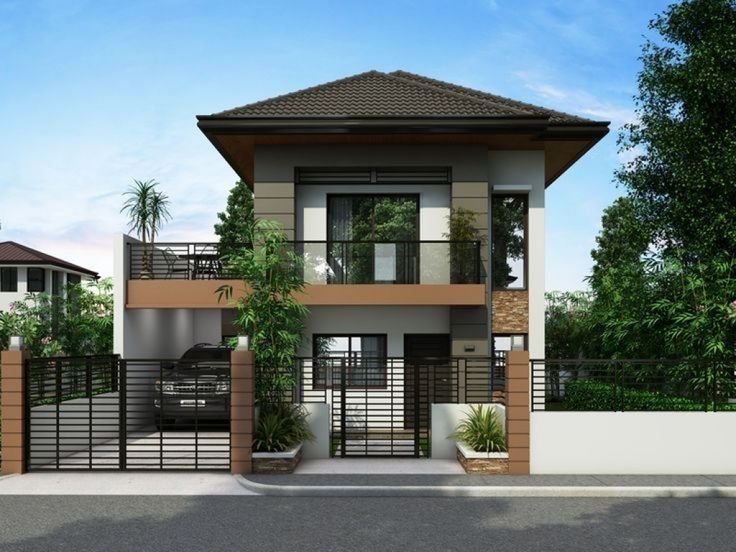
10 Things to Consider Before Buying Your First Home: A Guide for First-Time Homebuyers

Buying your first home is one of the most significant financial decisions you’ll ever make. It’s both exciting and overwhelming, with many factors to consider beyond simply finding a place that feels right. To help you make a confident, informed decision, here’s a list of the top 10 things you should consider before buying your first home.
1. Determine Your Budget
Before anything else, figure out what you can realistically afford. This includes not only the monthly mortgage payment but also additional costs like property taxes, homeowner’s insurance, utilities, and maintenance. Most financial advisors recommend keeping your monthly housing expenses below 30% of your monthly income. Calculating these costs upfront will give you a clearer picture of what price range to consider.
2. Get Pre-Approved for a Mortgage
A mortgage pre-approval will tell you exactly how much a lender is willing to let you borrow, making it easier to narrow down your search. This process involves checking your credit, income, and other financial details, so it’s wise to do this early. Being pre-approved also shows sellers that you’re a serious buyer, which can give you an advantage in a competitive market.
3. Understand the Different Mortgage Options
Mortgages come in many forms, from fixed-rate to adjustable-rate mortgages. Each has its pros and cons, so you’ll want to choose one that aligns with your financial situation and long-term goals. Do you want predictable payments? A fixed-rate mortgage could be right for you. Looking to sell in a few years? An adjustable-rate mortgage may offer lower initial payments. Research and compare your options to find the best fit.
4. Research Potential Neighborhoods
Where you live can greatly impact your lifestyle and home’s future value. Research neighborhoods to understand crime rates, school quality, access to public transportation, nearby amenities, and potential for future development. Even if you don’t have kids, a location with strong schools can boost property value. Visit neighborhoods at different times of day to get a feel for them and consider their long-term appeal.
5. Factor in Additional Costs
Beyond your mortgage payment, homeownership includes costs like property taxes, homeowner’s insurance, maintenance, and potential HOA (Homeowners Association) fees. Depending on the property type, you may also have landscaping, roof, or appliance repair costs. Plan for these ongoing expenses by setting aside an emergency fund to handle unexpected repairs.
6. Think About Resale Value
You might not plan to stay in this home forever, so consider its resale potential. Properties in high-demand areas or those with appealing features (like a good view, large yard, or updated kitchen) generally appreciate more. Try to anticipate which features will appeal to future buyers, even if they’re not essential for you right now.
7. Account for Future Needs
While you may be buying a home for your current needs, think about how your life may change over the next few years. Are you planning to start a family, work from home, or need additional space? A little extra room or flexibility in layout can make your home more adaptable to these potential changes.
8. Have a Thorough Home Inspection
A professional home inspection can reveal hidden issues like structural problems, electrical or plumbing issues, and mold. The inspection can save you from costly repairs and give you bargaining power if issues are found. If the property has a lot of “fixer-upper” appeal, make sure you’re prepared for any work that might be needed.
9. Understand Your Closing Costs
Closing costs typically range from 2% to 5% of the home’s purchase price and can include fees for appraisals, title insurance, and attorney fees. Knowing these costs in advance helps avoid last-minute surprises and gives you a better idea of your total financial commitment. Many lenders will provide a breakdown of these costs, so be sure to ask.
10. Don’t Rush the Process
It’s easy to feel pressured in today’s fast-paced market, but remember that buying a home is a big decision. Take your time to evaluate each property, ask questions, and make sure the home aligns with your needs and budget. Staying patient can help you make a more thoughtful decision and avoid buyer’s remorse.

